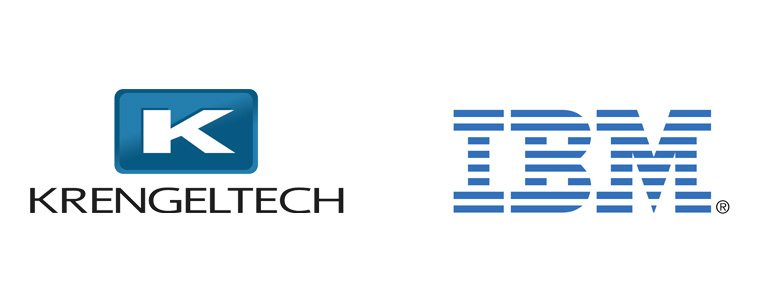A Ruby and RPG Conversation

“Due Diligence” and “Risk Assessment” are phrases that should be running through your head anytime technology decisions are being made where new tooling or ideas are being put into production. The same is true when considering whether the Ruby language has a place in your shop – after-all, it is a significant change in direction when introducing a new language to your technology stack. What many people don’t know is the adoption of Ruby (and the Rails web framework) can be done in incremental fashion if that is what works best for you. What I mean by that is not only can you make use of your existing DB2 tables but also your significant investment in RPG code. How? Well, that’s what this article is all about. Let’s dive in.
A Story Of Simplicity in IBM i Hosting

This month we are excited to be announcing a new IBM i cloud offering we call Litmis Spaces Single Tenant. Running IBM i in the cloud has been a desire of ours for a very long time, thus we’re quite happy to have finally created a solution to our own problem! But I’m getting […]
Krengeltech and Aaron Bartell awarded at Common

The annual meeting at Common is the largest gathering of IBM i professionals each year. This year’s conference was held in New Orleans, May 14th-18th. Krengeltech’s Aaron Bartell was recognized at the conference and presented with multiple awards for overall contributions to the IBM i community. Innovation Award The Innovation Award recognizes outstanding innovation in […]
Riding the Rails (Part II)

(Originally published by MC Press Online in February 2016). In the January 2016 article “Riding The Rails, Part 1“, I introduced you to how a Rails project is created. We walked through the various files and directories that were generated. We also made it through starting the Rails web server and ended with being able […]
Riding the Rails (Part I)

(Originally published by MC Press Online in January 2016). In the February 2015 article “Trying on a Ruby Ring“, I talked about doing a small Hello World Ruby app and showed how to invoke an RPG program from Ruby. In March 2015’s article “Sinatra Sings, Ruby Plays“, I introduced you to a very simple web […]
Generating a Ruby on Rails app FAST. Better hold on!

I’m going to take a new approach with this article by first showing how quickly a Ruby On Rails application can be created. At the conclusion of this article, I’ll go back and fully explain what we’ve accomplished. To get started, open a PASE shell (i.e. CALL QP2TERM or SSH into your IBM i, as […]
Krengeltech joins IBM with xmlservice Ruby gem

The Krengeltech Litmis Team and IBM recently partnered to jointly maintain the xmlservice Ruby gem. We will be hosting the code and documentation on our Litmis Bitbucket account and are beyond excited! Benefits for the IBM i community will be huge. Does this mean we “own” the xmlservice gem? No. We are only stewards. We are expecting and […]
RubyGems in your Development Toolbox

In part 2 of our series, we learned about the Ruby community and introduced RubyGems. Now we get to dive further into the many benefits available within gems for developers! Note sure what RubyGems is? For review, here is the Wikipedia definition: RubyGems is a package manager for the Ruby programming language that provides a standard […]
The Community Ruby Brings to IBM i
When PowerRuby was first introduced in October of 2013, I penned the following quote for the announcement: There’s something special going on with Ruby and Rails. Never before has there been such coordinated community efforts to efficiently produce reusable code (aka gems) in such open and social fashions. Coding is fun again. We want to […]
Convention over Configuration. Say What?

The Ruby on Rails mantra is known to favor “Convention over Configuration”. What does that even mean? Coding is more simple? More efficient? Easier to maintain and scale? How does convention over configuration apply to a developer? An I.T. Director? Why should I adopt a convention over configuration mindset? From an RPG Mindset Coding green […]
